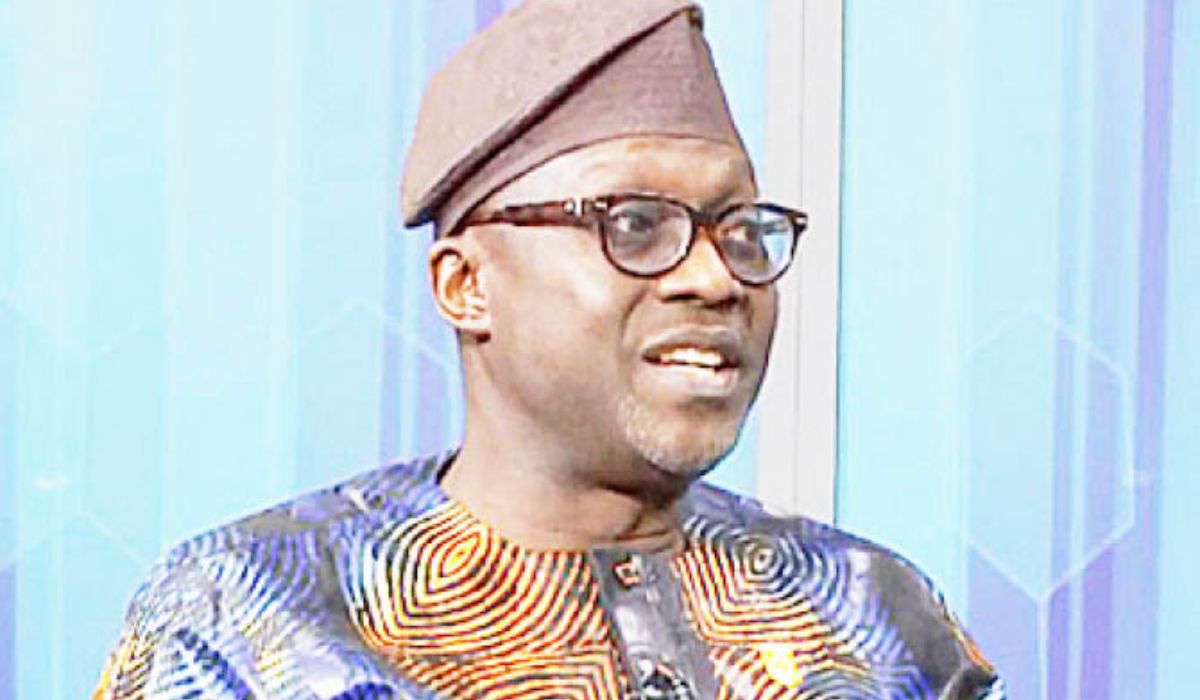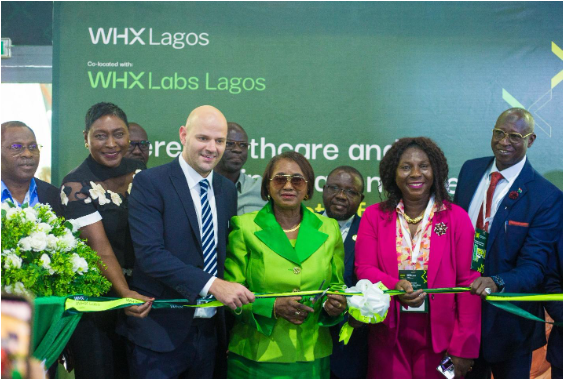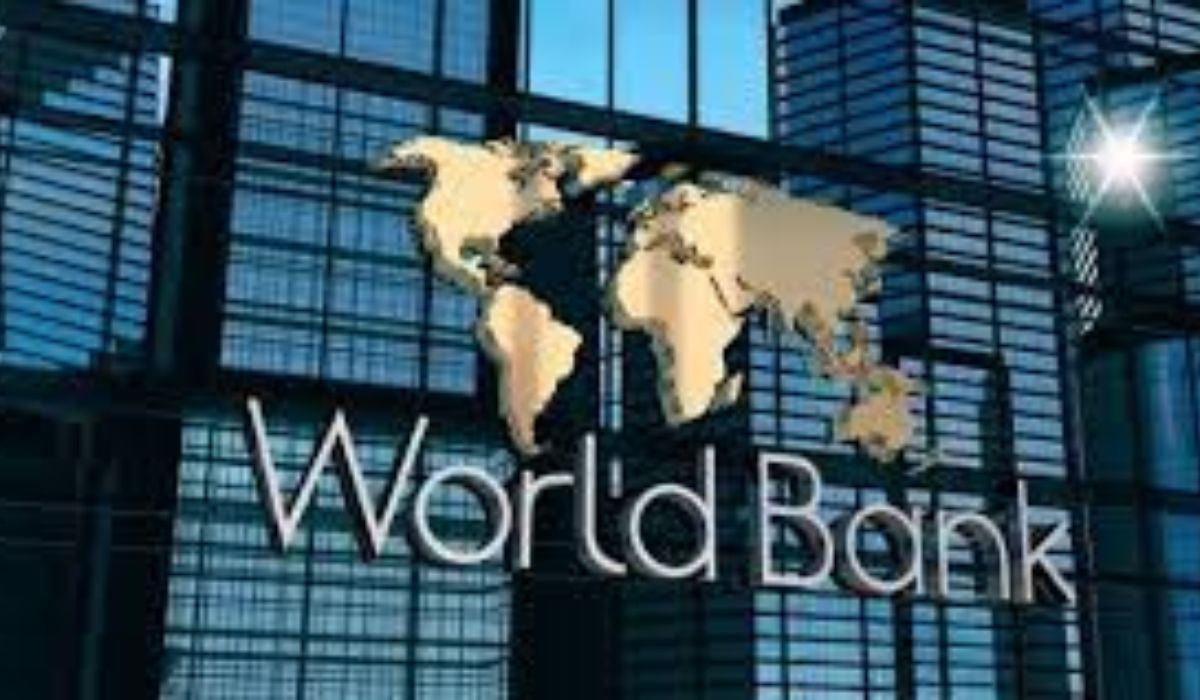MAN Warns of “Catastrophic Impact” from Proposed Customs 4% FOB Levy

The Manufacturers Association of Nigeria (MAN) has strongly denounced plans by the Nigeria Customs Service (NCS) to reintroduce a 4% Free-on-Board (FOB) levy, describing the move as “inauspicious” and warning of an “inevitable catastrophic impact” on the nation’s economy.
In a statement issued Tuesday and obtained by The News.ng, MAN Director General Segun Ajayi-Kadir expressed deep concern that the proposed levy comes at a particularly challenging time for Nigerian manufacturers, who are already grappling with multiple economic pressures.
“It is equally worrisome that this is coming at a time when there is still a looming danger of the unwarranted 15% hike in port charges; our members are struggling with the astronomical increase in the effective import duty calculation rate and contending with the unprecedented rise in the cost of energy,” Ajayi-Kadir stated.
The association criticized the consultation process, claiming it has not been inclusive of key stakeholders, particularly manufacturers, who would be most affected by the new charges. MAN officials expressed surprise at learning about the planned implementation through newspaper reports, despite earlier promises of comprehensive stakeholder engagement.
“We had expected that the NCS would ultimately rescind the move to introduce the evidently unpopular and ill-timed levy. We didn’t expect to read in the pages of newspapers that the levy would be reintroduced, even before the promised wide consultation with stakeholders like MAN and other private sector organizations,” the statement read.
MAN highlighted that the proposed levy directly contradicts the government’s stated economic reform agenda, which aims to streamline fiscal policies and create a more business-friendly tax environment. The association pointed out that the levy would be an additional burden on top of the existing 1% Comprehensive Import Supervision Scheme (CISS) fee already being paid by its members.
According to Ajayi-Kadir, the timing is particularly concerning, given Nigeria’s current economic situation: “The levy is coming at a time when the headline inflation has hit a historic record of 34.8 percent—the highest in nearly three decades—and the majority of Nigerians are struggling. Therefore, the impact on the cost of locally produced items will be instant and far-reaching.”
The association outlined several specific concerns, including the further escalation of already high importation costs. It noted that customs duty collections had jumped by over 118 percent, from ₦2.07 trillion in the first nine months of 2023 to ₦4.53 trillion in the same period of 2024. Other concerns included disruption of supply chains, potential raw material shortages for manufacturers, increased demurrage costs, and growing volumes of unsold inventory.
Additional concerns include reduced competitiveness for Nigerian manufacturers in both domestic and international markets; heightened incentives for smuggling, trade diversion, and duty underdeclaration; and a negative impact on non-oil export growth, as many exporters rely on imported inputs.
MAN has called on the Federal Government to intervene urgently and direct the NCS to abandon the levy proposal.
“We should not be heading in a different direction when most governments across the world are aggressively promoting their industrialization agendas and pushing highly nationalist policies to grow their domestic production,” Ajayi-Kadir warned.
The manufacturing body cautioned that the sector is approaching a critical breaking point, with its quarterly Manufacturer CEO Confidence Index showing an increasingly pessimistic outlook.
“It is imperative to warn that the Nigerian manufacturing sector is increasingly being burdened beyond its well-known resilience thresholds,” the statement concluded. “De-industrialization stares us in the face.”
The Nigeria Customs Service has yet to respond publicly to MAN’s concerns, and it remains unclear whether the implementation timeline for the levy will proceed as reported.




